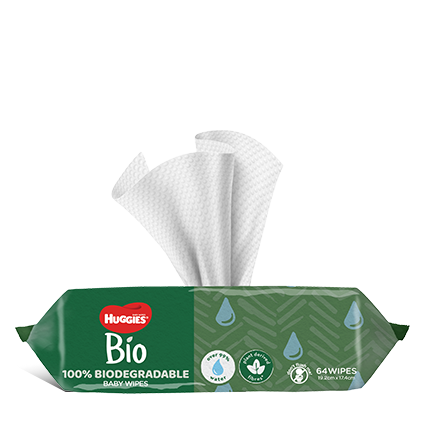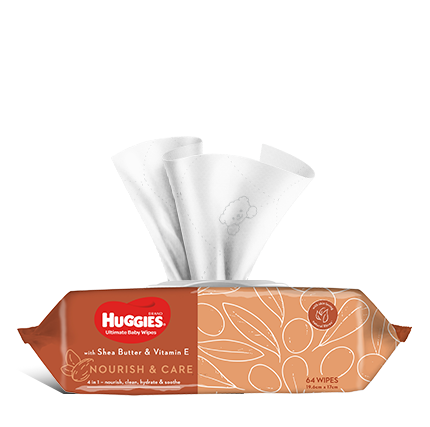Do you remember talking to your little one when they were still inside your growing tummy? Even before they’re born, we long to communicate with our babies. Although it won’t be until 2 or 3 years of age that our babies delight us with short sentences, our job to help our babies learn to speak starts from Day 1.
Some parents don’t think much about providing the right conditions for speech and language development until their child is a toddler and seems slower to speak than other kids, but it’s vital to start from birth. As well as helping them meet the speech and language milestones, you’ll also help them become smarter – the relationship between someone’s vocabulary and their intelligence is well documented.
The great news is, you’re probably already helping your baby learn to talk just by following your instincts when you communicate with them. And with a few simple adjustments you can make sure you’re doing everything you need to, to give them the absolute best chance to say “I love you!” in next to no time!
When do I start?
Start today! Although young babies might not seem to understand what you’re saying, they are taking it all in – not just the words you use but your facial expressions, how your mouth moves to makes different sounds, and your tone of voice. Even babies who haven’t yet been born become familiar with the sounds of Mum’s and Dad’s voices.
What do I do?
- Talk and sing to your baby at every opportunity.
- Simply chat about what you’re going to do today, something interesting you can look at, or what’s happening during everyday activities like baths and nappy changes.
- Have fun with songs and rhymes, especially those involving actions. If your memory of childhood songs is fading, grab a CD of nursery rhymes and you’ll soon be doing the hokey pokey. Many local libraries offer free “Rhyme Time” sessions for babies, which are fun for both of you. And it doesn’t matter whether you know the “right” words or not – “This is the way that Mummy rides” can easily become “This is the way we wash your hair” or one of any number of variations! Your baby will love to hear you sing, because it’s YOU, even if you think your singing voice isn’t crash hot.
- Feel free to repeat yourself! Babies love repetition because it helps them learn. Don’t worry if you’re having the same simple conversation you had yesterday about the lovely warm bath or the noisy puppy dog. You can’t wear out your favourite nursery rhymes, at least not as far as your baby is concerned (and let’s hope the neighbours think it’s cute).
- Consider baby sign language – While nothing can replace talking to your baby, teaching them a few signs could help you accelerate your communication with each other.
Any tips I should know?
- Position yourself so you can easily see each other face to face. Sitting on the bed or couch with your knees up and your baby leaning against your thighs is a comfortable way to face each other.
- Go to town with “baby talk”. Babies prefer listening to higher-pitched, sing-song voices, and love it when you use dramatic facial expressions and over-emphasise words.
- Take turns to have a back-and-forth “conversation”, like you would with an older child. Ask questions and pause for a response, before giving the answer yourself, like “Would you like to wear the stripy or the spotty outfit?”, “Which salad mix would be nice for our dinner?”.
- When you’re “chatting”, give lots of opportunities for your baby to respond. They might “say” something, you can listen, and then reply – “Oh, really?”, “Tell me more.” This is how they learn the “rules” of polite conversation.
- Imitate whatever sounds your baby makes and encourage them to repeat them.
- Be aware of background noise that can make it more difficult for your baby to hear you and to concentrate. In a busy supermarket, be sure to get your baby’s attention and lean close to them before discussing the gorgeous mangoes you’re going to buy.
What about learning from the TV and radio?
There’s no substitute for time spent talking face-to-face with another human being. Latest advice is no screen time for babies under 18 months except for video-chatting because it takes time away from invaluable interaction with a caregiver. By all means, take a break with your favourite TV show or listen to the radio for awhile, but then turn it off and perhaps tell your baby all about what you were watching or listening to.
If you invest time in quality interaction with your baby, you’ll be helping your little one develop the language they need to succeed socially and academically for the rest of their life. But above all, just enjoy this precious time hanging out with your baby. Be silly, get excited – and have fun!
This article was written by Louise Wedgwood
Last Published* December, 2022
*Please note that the published date may not be the same as the date that the content was created and that information above may have changed since.















